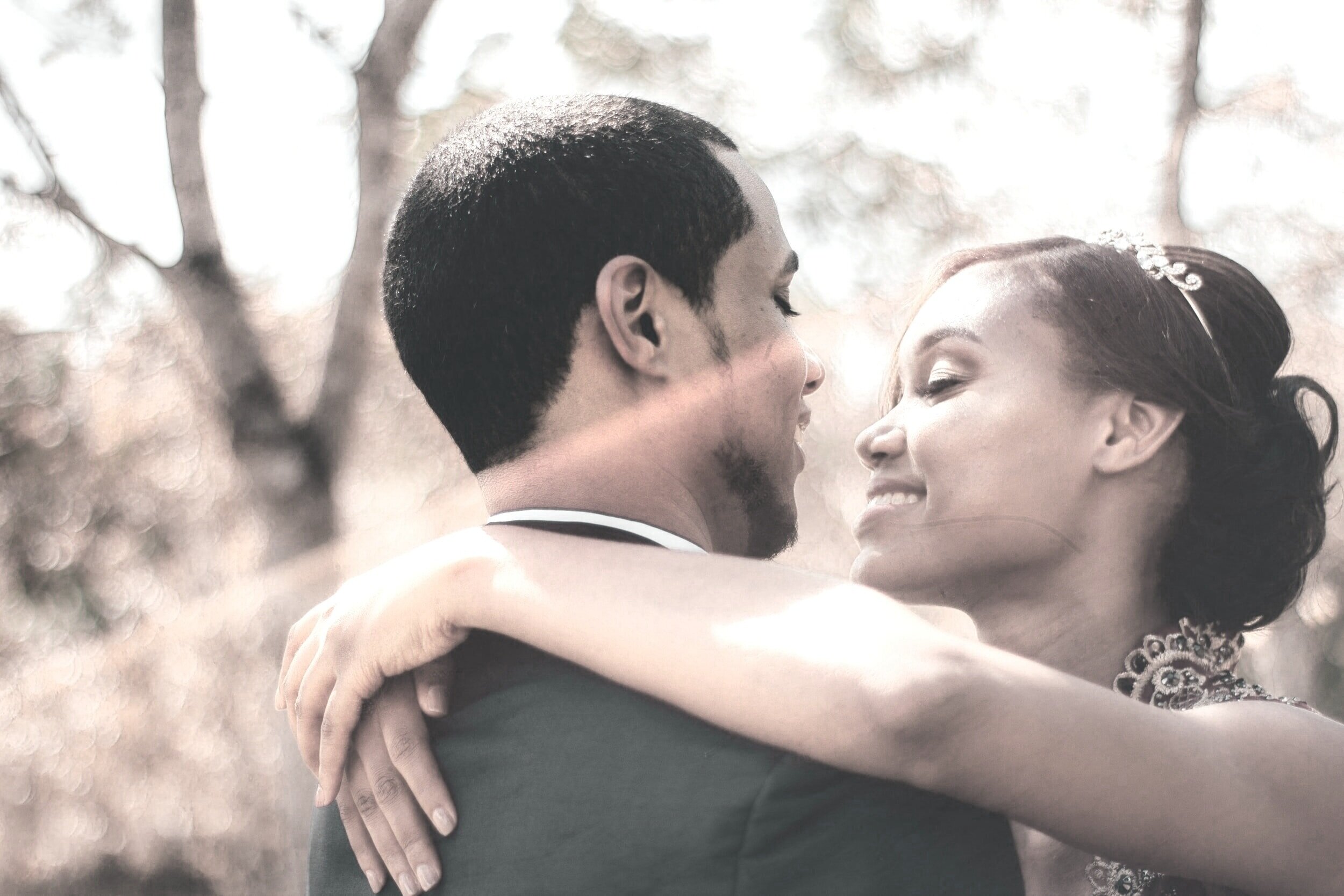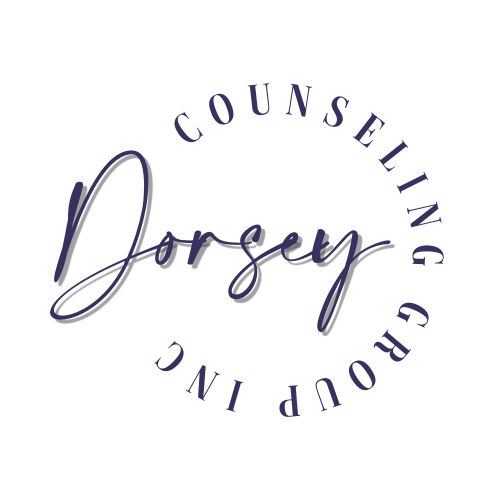
Couples/Marriage Counseling
Do you feel your marriage or partnership is stuck in a rut – as if you are living more like roommates than romantic partners? Have financial, career, or personal concerns sucked all the romance out of your relationship? Do you lie awake at night, wondering whether you should invest more time into solving your problems, or is it time to call it quits?
Maybe you don’t feel like your partner is really hearing you – you are having difficulties stating what you need, or how your needs aren’t being met. Maybe you and your partner have been arguing more than talking, and you are looking for ways to use your words more effectively. You haven’t been talking much at all, and need guidance on how to start that long overdue conversation. Or, you and your partner are trying to work though the issue of infidelity.
Whether you have been married or in a committed partnership for a few years, or several decades, relationship issues or marriage issues can happen to anyone. It doesn’t necessarily mean that your relationship is doomed – it’s possible to experience a rough patch every now and then, and seek outside help in order to work through it.
Would you like to learn how to feel happier and safer in your relationship? Would you like to learn how to trust your partner again, and learn more effective communication skills?

Everyone Encounters Relationship Challenges.
Conflict will occur in any relationship – that’s just part of what it means to live life with someone. In healthy relationships, both parties need to be willing to compromise and prioritize in order to work on resolving their issues. Sometimes couples have different “arguing styles” which can make conflict resolution difficult. In addition, when each party looks at the problem through the lens of their own unique experiences, it can be difficult to see it from the other’s point of view, even if you are a naturally compassionate, empathetic person.
Healthy relationships involve skillful conflict management. But no matter how long you’ve been married or partnered, this is a skill that requires work to develop – especially if you come from a background in which “conflict management” was basically sweeping the issue under the rug and ignoring it until it goes away, or somehow solves itself. It can be hard to find role models who exemplify healthy ways of managing conflict – especially when most couples’ issues are only dealt with behind closed doors, concealed from outsiders and children.
Often times, it’s helpful to have an unbiased third party get involved to hear both sides of the issue in order to help you formulate a solution. Friends and family members can have helpful advice, but often they are too closely involved to see the whole picture.

Relationship Counseling Can Help Improve Your Relationship/Marriage.
Marriage and family counseling provides a safe, neutral space to discuss your issues in order to brainstorm solutions and better understand your partner. No matter how long you may have been together, relationship counseling offers a way to explore underlying issues and dynamics that could be fueling your conflict while uncovering motives for negative behavior patterns. An unbiased, third party mediator may be able to identify and uncover issues that you may not know are present in your relationship and family.
We can begin by looking at past relationships and family dynamics in order to better understand the nature of your conflict and why the skills you have tried thus far have not worked – or still remain to be discovered. We can examine personality and behavior patterns that have a tendency to exacerbate a complex situation, or sow negativity in some way. Finally, we can address the way you both communicate, as well as any roadblocks you encounter when trying to explain your wants and needs to your partner. This will enable you both to become sources of support for each other rather than sources of stress and difficulty.
Every person – every couple – has their own dynamic when it comes to communicating and arguing. My techniques to facilitate discussion are designed to generate understanding and empathy for each other, which will help you achieve a level of intimacy that was perhaps lost or missing. In addition, we can discuss the necessity of boundaries when it comes to managing conflict, which can help ease tensions and bring down the emotional walls we tend to put up when feeling threatened or negatively confronted.
No matter how deeply ingrained some unhealthy or unproductive communication habits may be, I can work with you to change how you interact with your partner – even if you’re convinced that you’ve tried “everything.” I understand how frustrating it is to deal with conflict, which can overshadow all the positive aspects of your relationship. Together, we can sort through the emotional clutter and rediscover a source of intimacy, safety, and acceptance in your relationship – flaws and all.

We Think We Might Need Counseling, But We Have A Few Concerns…
Isn’t marriage counseling a sign that it’s over?
Some people hear the term “marriage counseling” and see red flags; they automatically jump to the conclusion that counseling means a divorce is inevitable, or that seeking counseling is basically an admission of failure. That is absolutely not the case! Counseling is a path you choose when you want to invest in your relationship; it’s for people who care enough about their partner to seek outside help to diagnose and treat their issues, just as you would for any other type of problem.
How can my relationship benefit from counseling?
Allowing each person to explain the issue(s) from their perspective, without interruptions, can help clarify a complication situation in ways that arguing in the heat of the moment cannot. In addition, having a third party clarify each person’s perspective can help you both understand the problem in a different, and perhaps more illuminating way. Sometimes hearing someone rephrase the problem in a new way can pave the road to understanding, which leads to finding constructive solutions.
We’ve tried counseling before, but it didn’t work.
As with any other type of relationship, you’ll need to build trust with your therapist in order to have a successful experience. It may take more than one session to accomplish this. But your relationship is worth that investment of time.
We’re not married. Would we still benefit?
Couples therapy is appropriate for any two adults who are having excessive conflict in their relationship. Regardless of your marital status, living arrangements, or how long you have been together, you can still receive the benefits of couples counseling by:
Strengthening Communication Skills: Being able to effectively listen, truly hear and validate the other’s position is a skill that isn’t necessarily a “given” for many people. Couples that really communicate effectively can discuss and resolve issues when they arise more effectively. You can tune up your talking and listening skills. This is one of the most important aspects of emotional connection between couples.
Discussing Role Expectations: It’s incredibly common for couples to never really have discussed who will be doing what in the relationship. This can apply to time, finances, chores, sexual intimacy, career and more. Having an open and honest discussion about what each of you expect from the other in a variety of areas leads to fewer surprises and upsets down the line.
Learning Conflict Resolution Skills: Nobody wants to think that they’ll have conflict in their relationship. The reality is that “conflict” can range from disagreements about who will take out the trash to emotionally charged arguments about serious issues – and this will probably be part of a couple’s story at one time or another. There are ways to effectively de-escalate conflict that are highly effective and can decrease the time spent engaged in the argument.
Identifying any Problematic Family of Origin Issues: We learn so much of how to “be” from our parents, siblings and other early influences. If one of the partners experienced a high conflict or unloving household, it can be helpful to explore that in regards to how it might play out in the relationship. Couples who have an understanding of the existence of any problematic conditioning around how relationships work, are usually better at disrupting repetition of these learned behaviors.
What is pre-marital counseling?
Many people think seeing a therapist is only for people that are already in the midst of challenges. On the contrary, engaging in pre-marital counseling helps you and your partner learn how to identify issues and handle conflict that will inevitably arise at some point in your relationship. While there is no such thing as a "perfect union," therapy can help you and your partner address issues that married couples commonly struggle with. The purpose of this proactive strategy is to prevent couples from engaging in negative behavior that often breaks marriages, should any issues ever come up.



